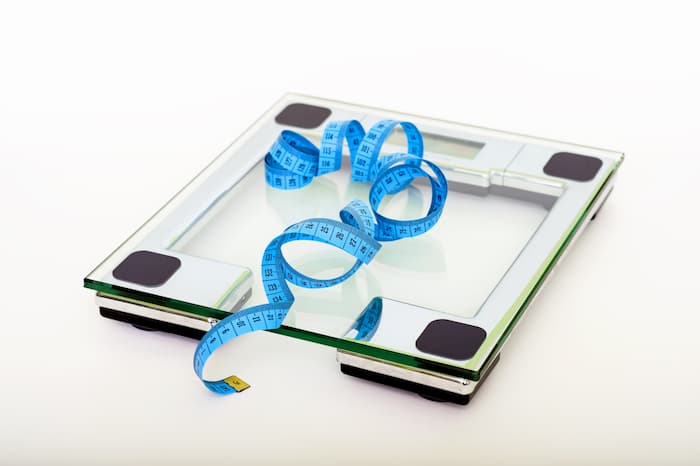
Categories
Are The Scales Lying To You?
We’ve all heard the phrase ‘the scales don’t tell you the truth, they lie’. It’s actually not true. The scales don’t lie, that number you that can see between your feet is accurate. It’s true of the BMI index also, that doesn’t lie either, the number you are given is accurate, assuming that you got you height and weight correct, which I’m guessing you did.
The issue is not whether the scales are right or wrong, the real issue is about how relevant that number is, as a standalone reading. How much does weight matter? The answer is, not a whole lot.
Sure, we all have a weight that we recognise to be our fighting weight, a time when we looked good and felt at our best, but that’s not necessarily what we’re chasing.
The problem with weight, and BMI, is that they don’t tell you the whole story. As guidelines for health, both of these numbers are flawed classification systems. If we took a cross section of people who all weighed seventy kilos for example, how different would they look? Very in all likelihood, but why is that? It’s because the scales only tell you part of the story. Here’s three reasons:
1. The scales don’t distinguish between tissues
It’s body composition, what our weight is actually made up of, that’s important, not weight per se. Muscle is denser than fat (it doesn’t weight more, a pound is a pound) and therefore all things being equal someone who is lean and muscular will look very different to someone at the same weight with less muscle and more fat, very different. And what about bones, do sturdier bones make us fatter?
2. The scales don’t account for carb intake
The amount of carbohydrates you consume will significantly affect your weight. Carbs don’t make you fat but they are how your body stores fuel in the muscles. The short story is that carbs enter the blood stream (glucose), which is turn is taken up and stored in the muscles to be used as fuel (glycogen). This muscle glycogen then requires water for it to be used, which makes us store water, clever hey. This storage of fluid makes is heavier. Not fatter, heavier. The more muscle mass you have, the bigger this fluctuation will be. Note: this is why ultra low carb diets do wonders for weight loss. Weight loss, not fat loss.
3. The scales don’t account for water fluctuations
It’s pretty obvious that if we’re holding more water we’ll weigh more. Water is not fat though and lots of things will affect how much water we hold on to. How much we actually drink, the foods we eat (see point 2), how heavily and regularly we sweat, our mineral balance an more all affect how much water we have present, and thus how much we weigh.
This is the short quick-read version and there are other factors that will affect weight, the digestive tract being a big one, but two key take home points are that losing weight (manipulating fluids) is easy but is not necessarily a true representation of fat lost and that it’s body composition that’s important, not weight per se.
If you have any questions on the above or would like some advice on women’s personal fitness on how we could help you, don’t hesitate, visit one of our personal training gyms – we would love to hear from you.
Related Articles
- Weight Loss – What You Need to Know
- Working Out, Eating Well But not Losing Weight?
- Is Your Face Cream Making You Fat?
- Why Aren’t I in Better Shape?
- There’s More to the Gym Than Being Slim, Ladies!


